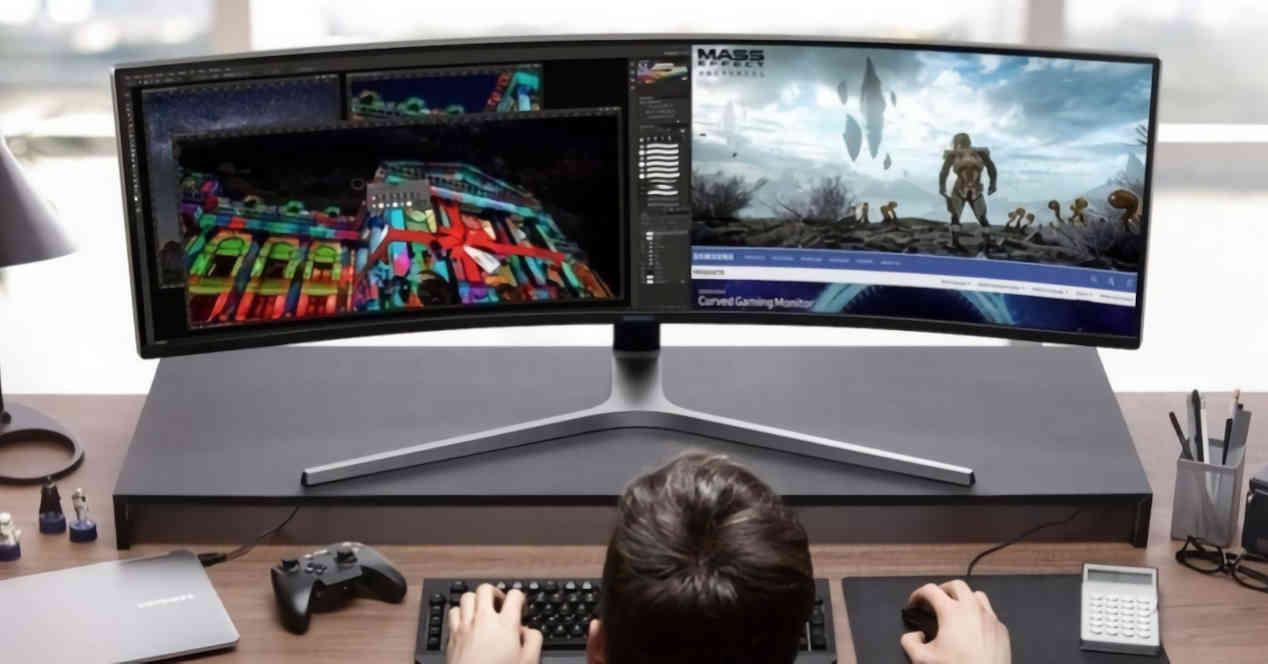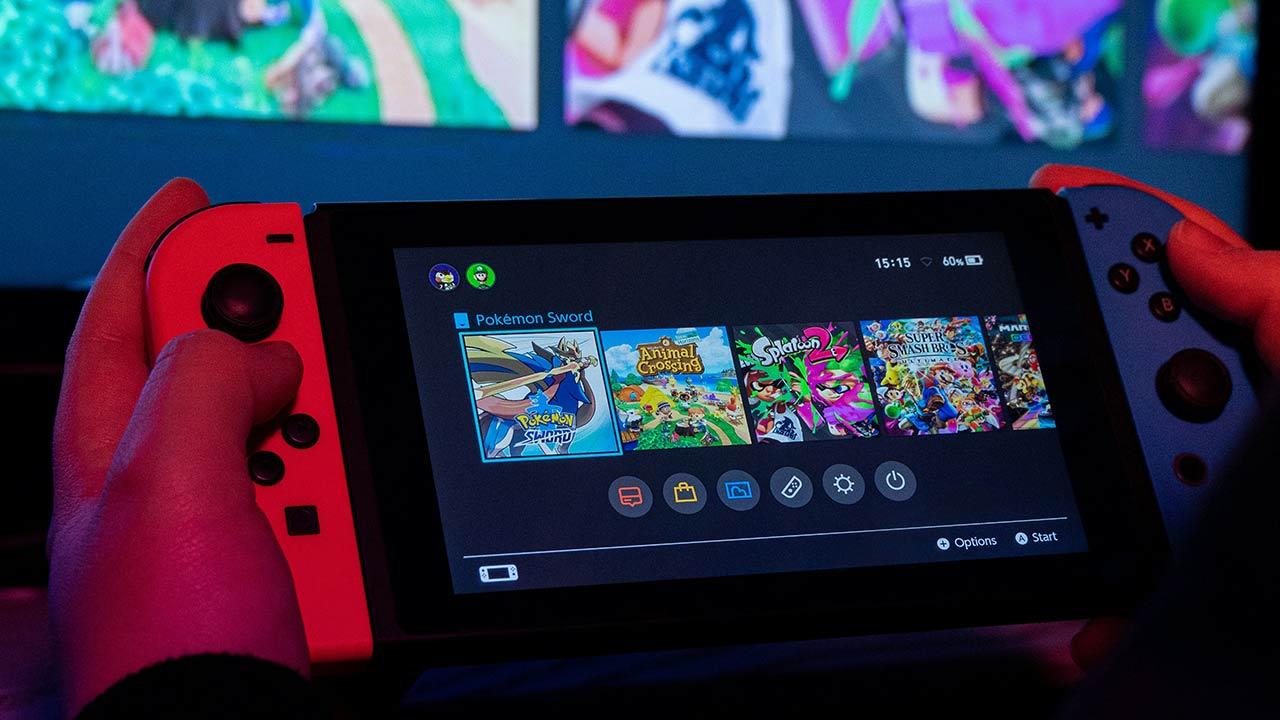If you are in doubt about which screen resolution to choose for your gaming PC, we have a series of recommendations for you or several points and tips to consider when deciding whether to go with 1440p or UHD.
The higher the resolution, the more power is needed
Raising the resolution means increasing the number of pixels the GPU has to process, it also means having to move more data from the GPU to VRAM. This is why GPUs are cataloged by manufacturers based on target output resolution at different wattages, it does not mean that a 4K graphics card cannot be used to render games at a lower resolution.
Decreasing the number of pixels on the screen allows us not only to increase the frame rate, but also to improve the quality of the image, which is achieved through a large number of mathematical operations performed by the GPU until the final image is obtained. The greater the number of these operations, the higher the image quality will be. So it makes sense to use less resolution to render a game in order to get better picture quality.
In laptops where the pixel density does not make any difference between 4K and 1440p, we have seen very few machines with a screen with UHD resolution on the market, which allows the use of GPUs much less powerful than a high-end laptop. In contrast, in desktop PCs, where much larger monitors and even TV screens are used, this is where 4K takes on greater importance, as the pixel density is much lower.
Quad HD vs 4K, depending on your budget
When buying a gaming PC, many of us wonder which resolution is best? Well, this is a totally subjective question and depends on a very simple element. The amount of money you have available to purchase the graphics card and monitor, especially the latter. A 4K monitor will obviously be more expensive and will require a more powerful graphics card. It is true that with techniques like DLSS and FSR we can get higher resolution output images and render 4K scenes with midrange and low end cards, the reality is that not all games do not support these techniques.
Additionally, Quad HD monitors tend to support higher refresh rates, which is great for competitive gaming, is cheaper than 4K, and will allow you to have a PC on a lower budget. Also, with the difference between buying an NVIDIA or AMD graphics card for 4K and one for 1440p, it gives you room to buy the monitor.
And no, let’s not take anything away from 4K on PC, plus if you’ve got the money and the ability to do it, go for it. But, for the majority of the public, we believe that the mid-range Quad HD cards with their corresponding monitor are the best option for resolutions above HD. And let’s not forget that it’s easier with these to achieve extremely high refresh rates, ideal for competitive gaming.









